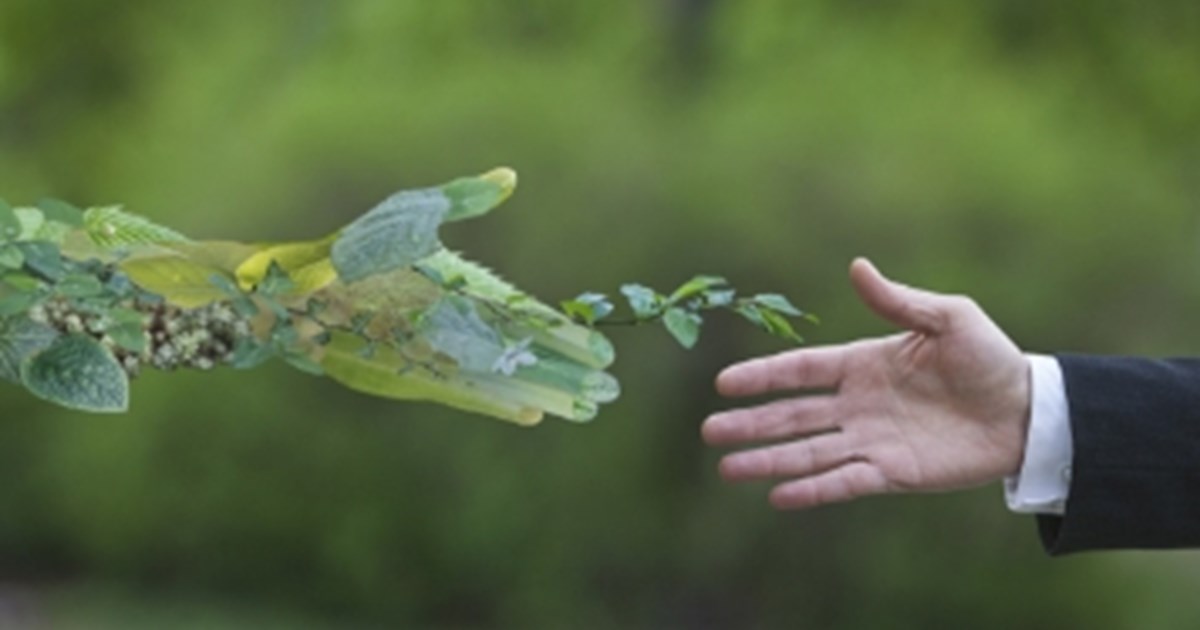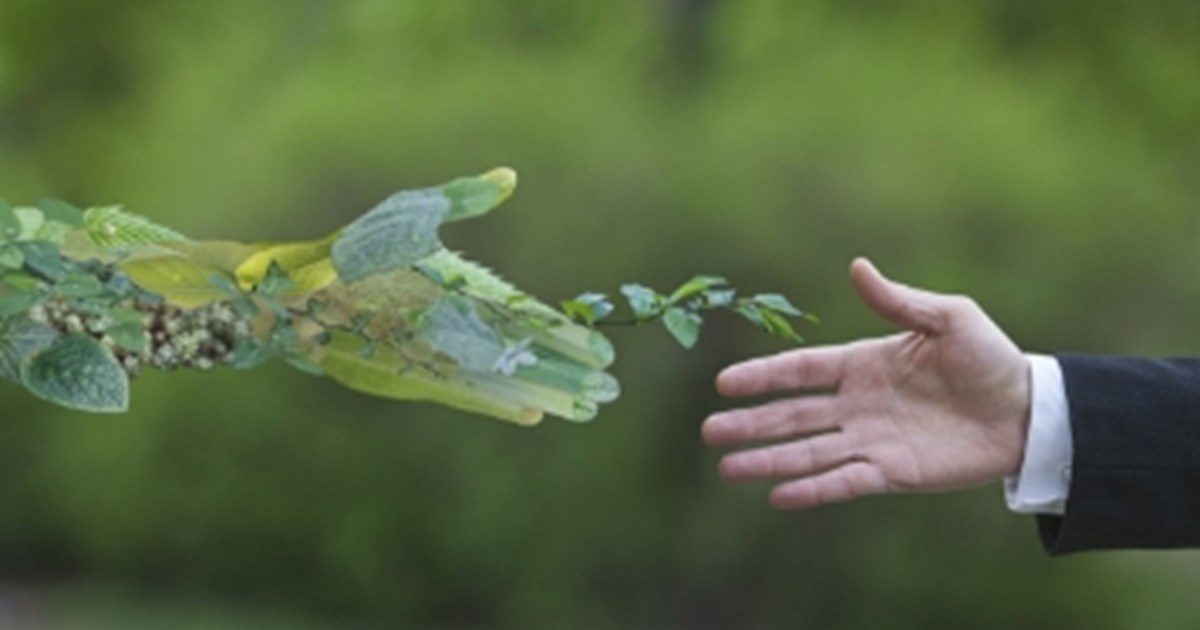
Co-op Food launched an e-bike home delivery service in London last week, and it is just one of several environmentally-friendly initiatives the UK grocery industry is currently throwing its weight behind.
The retailer’s partnership with E-Cargo Bikes, which in its formative days involves online orders being delivered from its Chelsea store, is just one example of the intersection where retail technology meets sustainability in grocery.
Electrifying delivery
Co-op is not the first to use electric vehicles (EV) in delivery. Sainsbury’s has conducted small scale e-bike trials and Tesco was an early user of EVs in 2007 but hasn’t widely rolled them out across its fleet.
Ocado is in the process of extending its EV delivery fleet, and Mark Bentley, director of service delivery at Ocado, explained to this publication last October what it takes to drive such change.
Judging by sessions at The Economist’s sustainability conference on 21 March, there is growing momentum for big businesses to use EVs in their fleets.
Sandra Roling, who is leading the development of not-for-profit organisation The Climate Group’s new corporate leadership initiative on electro-mobility, EV100, said: “The important thing for me is seeing how fast [interest in EVs] is building up, how fast the interest is growing from companies.”
She name-checked BT, NTT, Ikea, and DHL as organisations exploring EVs’ potential, and said they were among the businesses committed to making smaller vehicle fleets 100% electric by 2030.
“We know it’s quite ambitious but it demonstrates that the industries of some of the companies we work with really see the opportunity over the next 10-12 years.”
Reverse vending and in-store eco tech
UK grocers, including Tesco, Morrisons and Iceland – and Co-op via its summer music festival pop-up stores – invested in reverse vending machines last year, allowing consumers to return plastic bottles and receive vouchers. Iceland was the first to get these machines into stores in England, Northern Ireland, Scotland and Wales.
During an on-stage interview at The Economist event, Richard Walker, managing director of the frozen food chain, described the consumer response as “overwhelming”.
“We get over 300 bottles a day in our store in Fulham, and customers love it and are crying out for the government to impose a deposit return scheme system which would mean the whole industry can adopt this,” he said.
“At the moment, I’m just giving out 10p vouchers which isn’t very clever. I sit on [environment minister] Michael Gove’s council for sustainable business and we are lobbying hard to get that.”
Walker said a deposit return scheme has been in place for some time in Norway, arguing it has boosted recycling levels there considerably. “To me, it’s a no brainer which also solves the littering issue,” he added.
“Iceland is not a sustainable business… We are subject to the same contradictions and complexities as any mass market retailer who is in business to make money and grow – I grapple with that personally.”
Other in-store sustainability examples include Waitrose and Marks & Spencer’s racing car technology on their in-store fridges, which they say improves energy efficiency. Meanwhile, Wasteless – a Netherlands-based tech company – is in talks with big European grocers about how its predictive intelligence software can be integrated into point of sale and ERP systems to help optimise markdown strategy as part of the battle to reduce food waste.
Blockchain and digital comms
Sustainability and traceability go hand in hand because the more retailers purport to be environmentally friendly or socially conscious, the more they will need to prove their supply chain practices to customers.
Carrefour is one grocer that has identified Blockchain to support this process, recently announcing it is working with IBM to allow consumers to track milk provenance.
And elsewhere Tesco launched a multichannel awareness campaign earlier this month to promote its Rainforest Alliance-certified cocoa, which is used in its own-brand chocolate.
Asda, which also works with the not-for-profit NGO, has added the green frog label to Rainforest Alliance-certified bananas listed on its website. Customers clicking on the logo activate a pop-up message detailing the sustainability credentials of the items.
Is sustainability sustainable for business?
It seems every other day a new grocery initiative is announced with sustainability at its core. Co-op is currently working on a compostable bag scheme, while Tesco has kick-started a trial to reduce plastic packaging used for fruit and vegetables.
Such moves are noble at a time of huge environmental concern but not necessarily helping retailers make money yet. Iceland’s Richard Walker noted that 17 million people watched its banned pre-Christmas palm oil advert on YouTube, but “it didn’t help sales”.
Iceland has committed to not using palm oil in any of the products it sells, a decision designed to draw attention to tropical deforestation and the threat to wildlife habitats and local people caused by palm oil plantations. A 2018 ad highlighting this message was deemed too political and consequently banned by watchdogs.
Reflecting on all Iceland’s environmental efforts, Walker explained: “Hopefully in the long term it does make business sense as we attract new customers.”
He also drew attention to the difficulties of balancing sustainability and commerce – “everything leaves a footprint”, he said, adding: “Iceland is not a sustainable business.”
“We are subject to the same contradictions and complexities as any mass market retailer who is in business to make money and grow – I grapple with that personally,” he remarked.
“But what we are is a great corporate activist and we are good at picking campaigns. I do have future issues that I’m very passionate about where we can have some real clout and make a big difference.”

